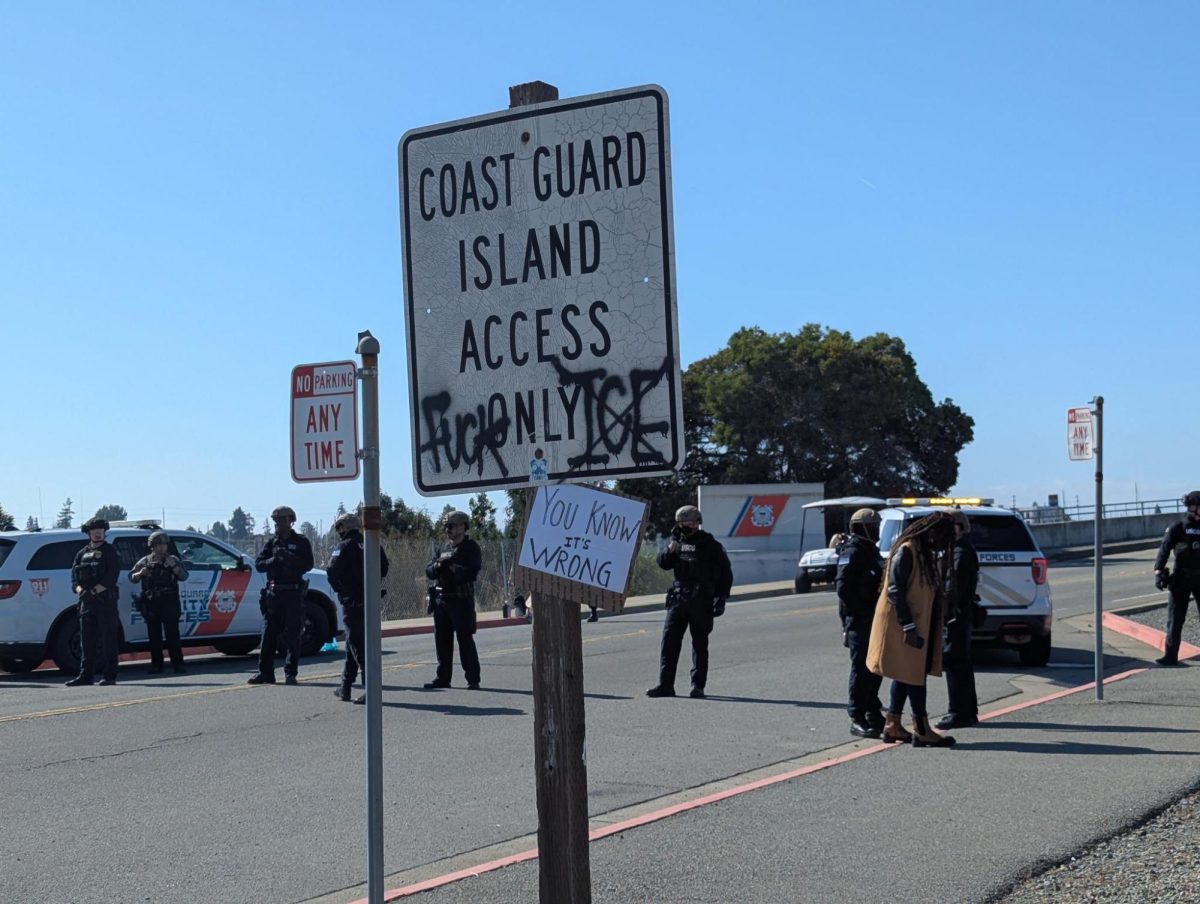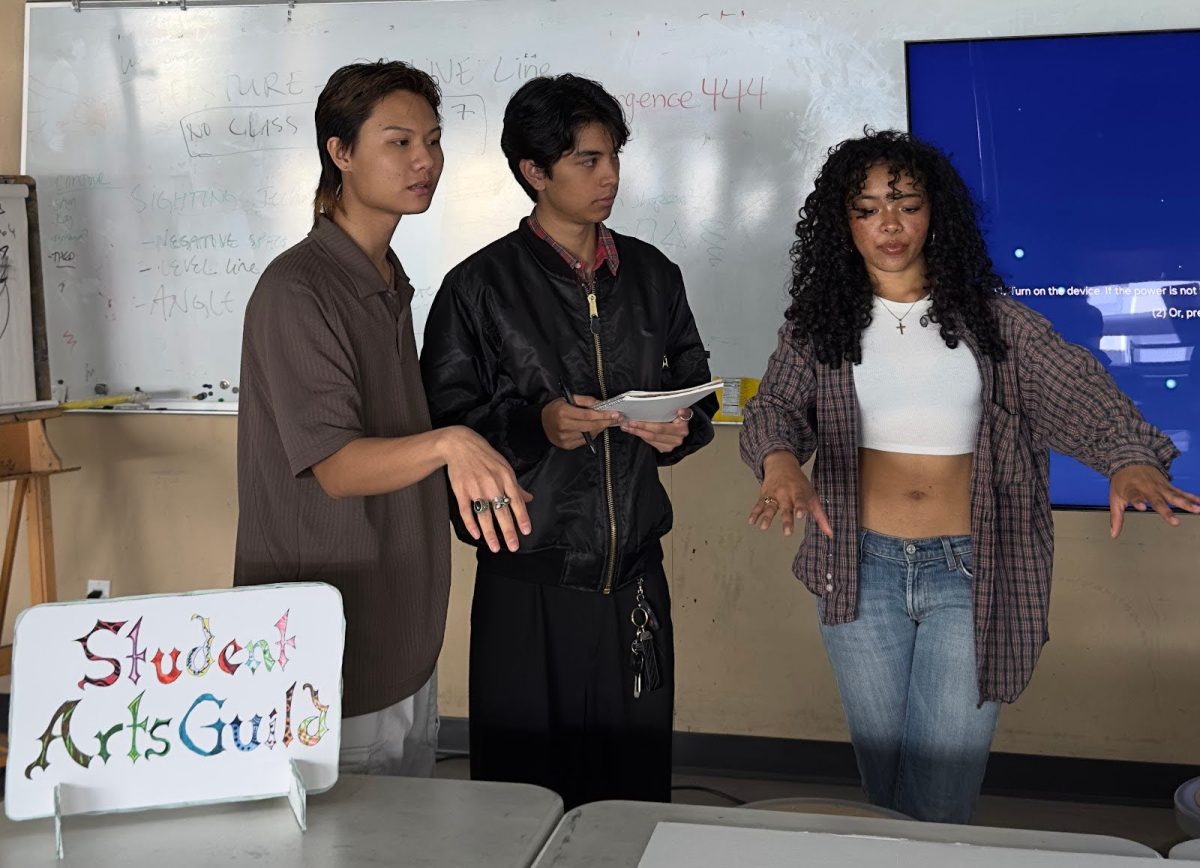
How to pronounce the phrase isn’t very controversial, but how to define “free speech activist” is
(part of a recurring feature where current buzzwords are defined)
By Chandra Faulkner
The term “free speech activist” has been co-opted by the alt-right, who feel they are under-represented and have had their voices silenced by liberal communities (primarily college campuses, where their ideals are rejected). Their most well known public representatives are firebrand commentators Milo Yiannopoulos, Ann Coulter, and Ben Shapiro.
The term “free speech activist” has been co-opted by the alt-right, who feel they are under-represented and have had their voices silenced by liberal communities
—
These speakers have spearheaded the extreme right’s “free speech” movement, the fight to have their white national and anti-immigrant messages heard and accepted by mainstream and liberal communities. They are also fighting to establish that although their messages fit the definition of hate speech, they are still protected by free speech.
Berkeley is known as the birthplace of free speech and as such, it has become the chosen battlefield for getting extreme right-wing messages equal attention in a historically far left community.
Stewart Rhodes is the founder of Oath Keepers, a large anti-government group of current and former law enforcement officers and military veterans. “This is ground zero in the defense of the Constitution and the most important part of it — the First Amendment,” Rhodes said at the April 27th rally in Berkeley. “If you don’t have the right to free speech and assembly, you are not free.”
“If you don’t have the right to free speech and assembly, you are not free.”
— Stewart Rhodes, Founder of Oath Keepers
“Berkeley. I only need to say that one word and you know exactly what I am talking about,” alt-right leader Richard Spencer said recently. “It has become the battlefield for all of these forces that are part of the intensification and polarization of American politics, the fragmentation of the nation.”
The large and intense protests they were met with have been called “violations of free speech” by the alt-right activists for having been confronted, doxxed, and threatened for their activity in the rallies.
This claim is untrue, however, as the First Amendment protecting freedom of speech prevents the government from arresting citizens for voicing their beliefs, and states nothing about the public’s reaction to the message.
Chandra Faulkner is a Tower Staff Writer. Email her at chachachandra(at)gmail.com.
























